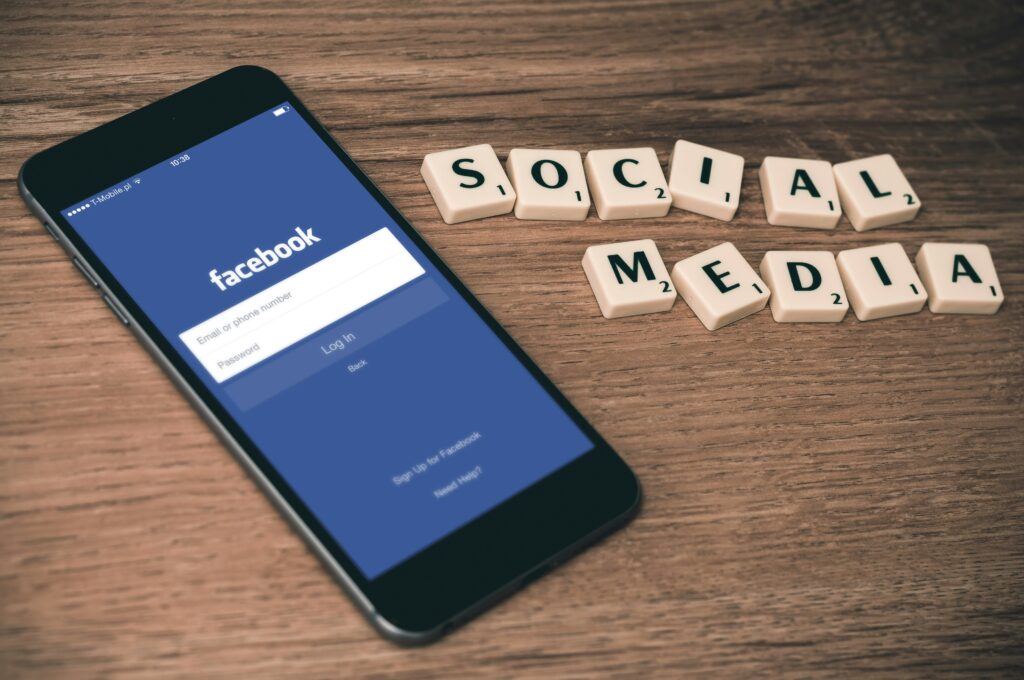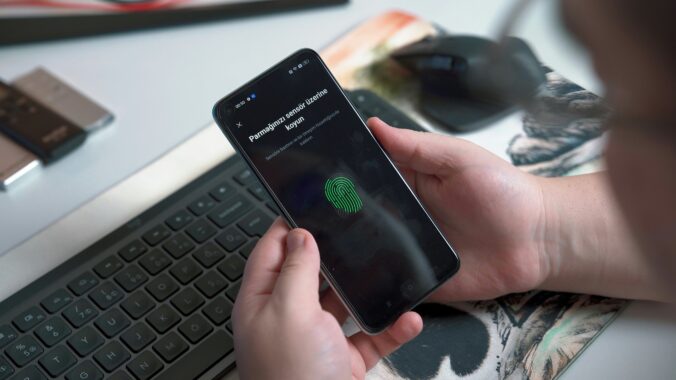WHAT IS DIGITAL IDENTITY?
In the video, Eric Stoller discusses what Digital Identity is. He explains that it’s our online footprint, everything you post, share, how you interact online, and how you use digital tools. My online presence encompasses various platforms, including Instagram, Facebook, Twitter, Snapchat, TikTok, LinkedIn, personal websites, and more. To be honest, I never really thought of it as my identity, but it is, in fact, who I am. I include posts about loved ones, my hobbies, food, my career, accomplishments, and more.
PERSONAL DIGITAL IDENTITY VS. PERSONAL IDENTITY
In this module, we examined digital identity, personalized learning, and the influence of our digital footprint. One key point for me is recognizing the importance of managing personal and professional digital identities separately.
My professional digital identity is shaped by platforms like LinkedIn, where I showcase skills, connect with colleagues, and develop a career-focused presence. This space is intentional; it’s like my resume in action. I use it to update my resume, connect with other employers and professionals, and to help me find jobs or for others to find me.

In contrast, my personal digital identity is present on platforms like Instagram, where I share hobbies such as hiking, travelling, and spending time with friends and family. Although it’s personal, I stay mindful that future employers might see it. That’s why I make sure all posts reflect positivity and who I want to be perceived as an individual.
To maintain boundaries and align with my goals, I follow these steps:
- Keep separate accounts for personal and professional purposes.
- Set personal accounts to private and carefully manage my friend list.
- Think before posting: “Would my grandma or a future employer approve?”
- Share content that represents the values I want linked to my name online.
Balancing these identities helps me control how I am perceived in both social and professional contexts.
Life long learning is crucial
ERIC STROLLER
Social media reveals if you have a passion for lifelong learning. You can see who is growing and adapting and who is not through social media. For example, as a future teacher, you might see me most often on LinkedIn discussing inclusive education or new technology tools for teachers. This shows my growth and keeping myself relevant in the digital professional world.

Leave a Reply
You must be logged in to post a comment.